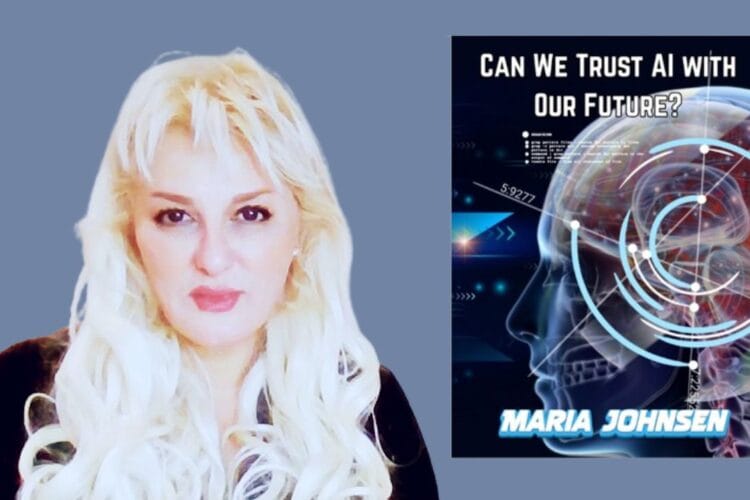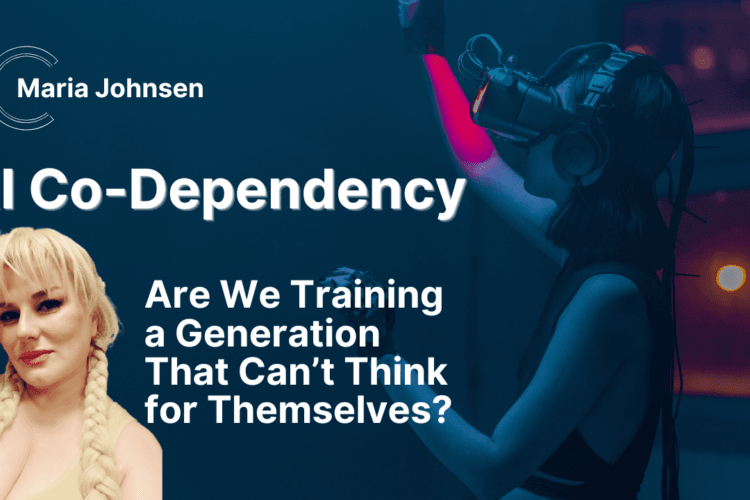
The Power of Super AI
Super AI has the potential to revolutionize many aspects of society, impacting industries, economies, and personal lives on a scale that was once considered the domain of science fiction. At its core, AI is a set of technologies designed to perform tasks that typically require human intelligence, such as recognizing speech, making decisions, and understanding complex data. The rapid advancement of AI in recent years, particularly in machine learning and deep learning, has enabled the development of systems that are not only capable of performing tasks but also of improving their performance over time without human intervention.
A Real Talk on Super AI
My book super AI which is about the dangers of super Intelligent AI system in various sectors may sound a thought-provoking concept! The idea of Super AI especially one that surpasses human intelligence and could pose potential dangers is a topic that’s been heavily discussed in both academic circles and popular media. Some people may dismiss it because true Artificial Superintelligence hasn’t been realized yet, which is why they might say it “doesn’t exist.”
However, many experts in AI research and futurism do acknowledge the possibility of such an AI emerging at some point in the future, even if it isn’t here yet. In my book “super AI” I talk about what could happen in the future or how current trends might evolve to reach to that point of technological advancements.
The potential dangers of Super AI, especially if it becomes uncontrollable or misaligned with human values, is a key topic in discussions about the future of AI. People like Nick Bostrom (with his book Superintelligence: Paths, Dangers, Strategies) have written extensively about this. I mentioned him in my book as well. Because I provided some unique problem approach.
Some people are overly focused on the present reality of AI. But my book is about exploring what could be like. Books like 1984 and Brave New World are still discussed today they warned of things that hadn’t yet come to pass but were rooted in real-world trends. So they came true. Jules Verne was indeed a visionary. In his novel Twenty Thousand Leagues Under the Sea (1870), he depicted a submarine, the Nautilus, that was ahead of its time. Submarines were not yet in use, but Verne’s imagination foresaw technology that would later become a reality. Despite his humble background in a small village in France, many of his ideas, such as space travel, undersea exploration, and airships, became influential and were later realized in the real world. Verne’s ability to envision the future demonstrates the power of imagination and innovation.
Being visionary, like he was, often involves seeing possibilities others can’t yet imagine!
While we’re still some years away from achieving AGI, the future of AI is incredibly promising. Advanced systems like GPT-4 are already pushing the boundaries of what AI can do in specific domains, and breakthroughs in reinforcement learning, hybrid AI, and neuroscience-inspired systems are bringing us closer to creating a more general intelligence.
The next phase of AI development will likely involve creating systems that can better generalize across tasks, exhibit some form of reasoning, and interact with the world in more human-like ways. Alongside this technical progress, we must also continue to explore the ethical implications and establish frameworks to ensure that this powerful technology is used for good.
The journey to Super AI is just beginning. While we have a long road ahead, every new development brings us one step closer to understanding and creating intelligent systems that can think and reason across a wide range of tasks. But it’s up to us to ensure that this future is one where AI works in harmony with humanity, rather than against it.
In my book, super AI, I discussed many aspects of super intelligent AI. I break down what my book Super AI is really all about. I share my concerns about the future of AI.
I also want to address a couple of strange comments from a couple of users who didn’t watch my previous video on super AI and commented useless comments which clearly suggested that they did not watch the video at all. The thing is that I don’t promote my video; i don’t use bots to pretend having a lot of youtube viewers. My vidoes and articles are for documentation of my research only.
In fact, my true viewers are Intelligent people who indeed watch my videoes, read my articles and understand where I come from. They always say something reasoable and wise and not something stupid In my super AI video.I never claimed I create a super ai or have solution for it. Just to clarify, Super AI book isn’t about creating a ‘super AI machine’ that outsmarts humanity, and I’m definitely not suggesting we’re heading toward a world of sentient robots.
I never claimed that, and I want to clear up any confusion!
AI’s Impact on Healthcare and Medicine
In industries like healthcare, AI has already proven to be a transformative tool. Machine learning algorithms are used to analyze medical data, identify patterns, and help physicians make more accurate diagnoses. AI can assist in reading medical images, such as X-rays and MRIs, with an accuracy that often surpasses human doctors. Furthermore, AI’s ability to process large volumes of genetic and molecular data is leading to significant advances in personalized medicine, enabling treatments tailored to individual patients based on their genetic makeup. The ability to predict and prevent diseases using AI models is another breakthrough that promises to change the face of medicine in the coming years.
AI and Business: Changing Finance and Customer Service
AI is also reshaping the business landscape. In sectors such as finance, AI is used for fraud detection, risk assessment, and algorithmic trading. Financial institutions employ AI to detect unusual patterns in transaction data, providing an early warning for potentially fraudulent activity. In addition, AI can predict market trends by analyzing vast amounts of historical data, which allows financial firms to make better-informed decisions. The use of AI in customer service has also grown exponentially, with chatbots and virtual assistants becoming common tools for businesses to handle customer inquiries. These AI-powered systems can handle a large number of requests simultaneously, improving efficiency and reducing operational costs.
AI in Manufacturing and Logistics: Boosting Efficiency
In manufacturing and logistics, AI-driven automation is increasing productivity and streamlining supply chains. Robots, powered by AI, are performing repetitive tasks with greater speed and precision than ever before. These systems can adapt to changes in their environment, learn from experience, and optimize their operations in real-time. AI-driven predictive maintenance is another area where the technology is making an impact. By analyzing data from equipment and machinery, AI systems can predict when a machine is likely to fail, allowing companies to perform maintenance before costly breakdowns occur. This has the potential to save industries billions of dollars in lost productivity and repairs.
Addressing the Challenges of AI: Job Displacement and Ethics
Despite the tremendous opportunities AI offers, there are significant challenges that need to be addressed. One of the primary concerns surrounding AI is its potential to displace jobs. As AI systems become more capable, the risk of automation replacing human workers in various industries becomes more pronounced. The manufacturing sector, for instance, has already seen job losses due to the rise of robots and automated systems. While AI may create new job opportunities in areas such as data science and machine learning, these new roles require specialized skills that the current workforce may not possess. This disparity presents a challenge in terms of retraining and reskilling workers who may find themselves displaced by automation.
The Ethical Implications of AI: Bias and Accountability
Another issue is the ethical implications of AI. AI systems are only as good as the data they are trained on, and biased data can lead to biased outcomes. In the criminal justice system, for example, AI algorithms used in predictive policing have been shown to disproportionately target minority communities. Similarly, in hiring practices, AI systems have been found to perpetuate existing biases in recruitment and promotion decisions. Addressing these biases requires careful attention to the data used to train AI systems, as well as the implementation of safeguards to ensure fairness and transparency in their decision-making processes.



